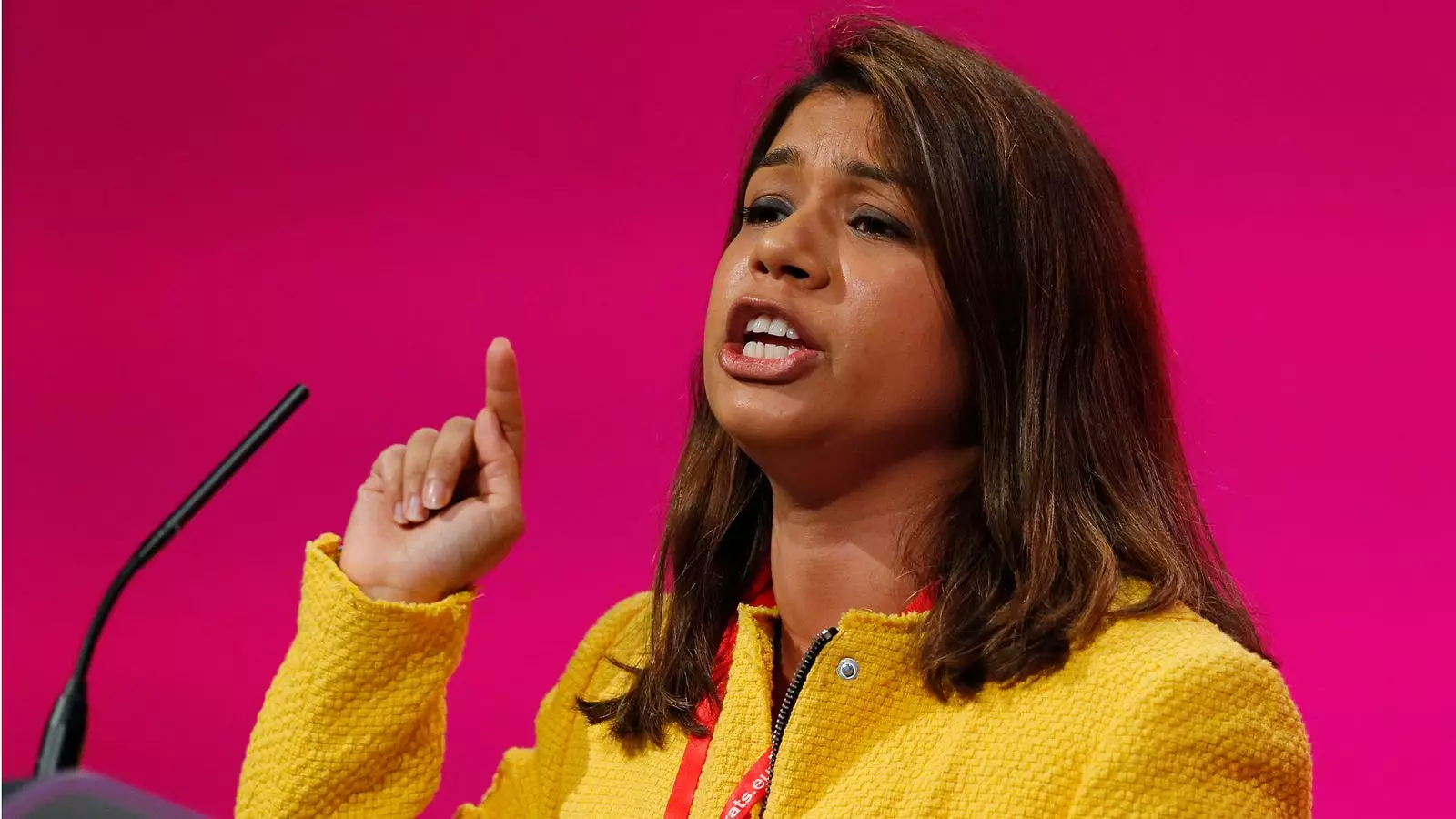The realm of politics is often fraught with allegations and scandals, and the recent accusations against Tulip Siddiq, Bangladesh’s anti-corruption minister and a Member of Parliament in the UK, exemplify how deeply intertwined politics can become between nations. Investigators have raised grave concerns about Siddiq’s alleged involvement in the fraudulent allocation of land to her family members during her tenure as MP. This article delves into the implications of these allegations, their backdrop, and the potential ramifications for Siddiq’s political career.
The accusations against Siddiq, as unveiled by the Bangladesh Anti-Corruption Commission, claim that she used her political influence to pressure officials into securing land plots within the Purbachal New Town Development Project for her family. The affidavit obtained by Sky News outlines how, while still an MP, Siddiq reportedly manipulated processes to ensure her mother, sister, and brother received land allocations. Such allegations strike at the core of public trust in political leaders, particularly in a country where corruption has become a legally fraught issue.
Corruption has long been a significant concern in Bangladesh, undermining public institutions and hindering sustainable development. The revelation of Siddiq’s alleged actions, particularly as they come from her former political allies and family, highlights the potential for abuse of power within political families. It places a spotlight on the extensive reach of political patronage and the challenges in curbing such practices.
Tulip Siddiq’s ties to her aunt, the former Bangladeshi Prime Minister Sheikh Hasina, further complicate her situation. The power dynamics between the two have drawn public scrutiny, especially in light of ongoing protests against Hasina’s administration, which ended with her stepping down in the face of escalating violence and discontent. Siddiq’s political lineage could both provide her with robust support and significant liability, given the allegations that implicate her in broader systemic corruption under her aunt’s regime.
Furthermore, the accusations of embezzlement related to the nuclear power project add another layer of controversy. These allegations, originally posited by a political rival of Siddiq’s relatives, raise profound questions about the integrity of political processes in Bangladesh. The political arena is often rife with adversarial claims, but when they intersect with a personal family legacy, they carry additional weight and potential fallout.
In light of these serious allegations, Siddiq’s response has been one of outright denial, with sources close to her claiming that no evidence exists to support the claims made against her. This defense, however, is fraught with challenges, as public perception often sways under the weight of allegations, regardless of their veracity. Additionally, Conservative Party leader Kemi Badenoch’s call for Siddiq’s suspension adds pressure, suggesting that political adversaries are eager to capitalize on any perceived vulnerabilities to the Labour Party.
The UK Anti-Corruption Coalition has also leveraged this opportunity to voice concerns about Siddiq’s role in anti-corruption efforts, arguing that the nature of these allegations presents a direct conflict of interest. This situation raises important discussions about the intersection between ethnic regimes, lineage, and accountability in politics. As the new government emphasizes anti-corruption measures, Siddiq’s position becomes precarious, echoing the tests of integrity faced by many leaders embroiled in similar scandals.
As the investigation progresses, the implications for Siddiq’s political career remain uncertain. The potential for reputational damage is significant, and if the allegations are substantiated, her role as an anti-corruption minister could become untenable. The optics of her situation are challenging; a minister charged with combating corruption should ideally embody the principles of transparency and ethical conduct—qualities that may now be under scrutiny.
The political ramifications of such allegations further illustrate the precarious nature of public service, especially within contexts where corruption is prevalent. Ultimately, this controversy surrounding Tulip Siddiq raises critical questions about accountability and the ethical obligations of public officials to their constituencies, not only in Bangladesh but in nations where political legacies unfold across borders. The upcoming months will be pivotal in determining both her fate and the broader implications for political integrity amid a climate increasingly sensitive to corruption.


Leave a Reply